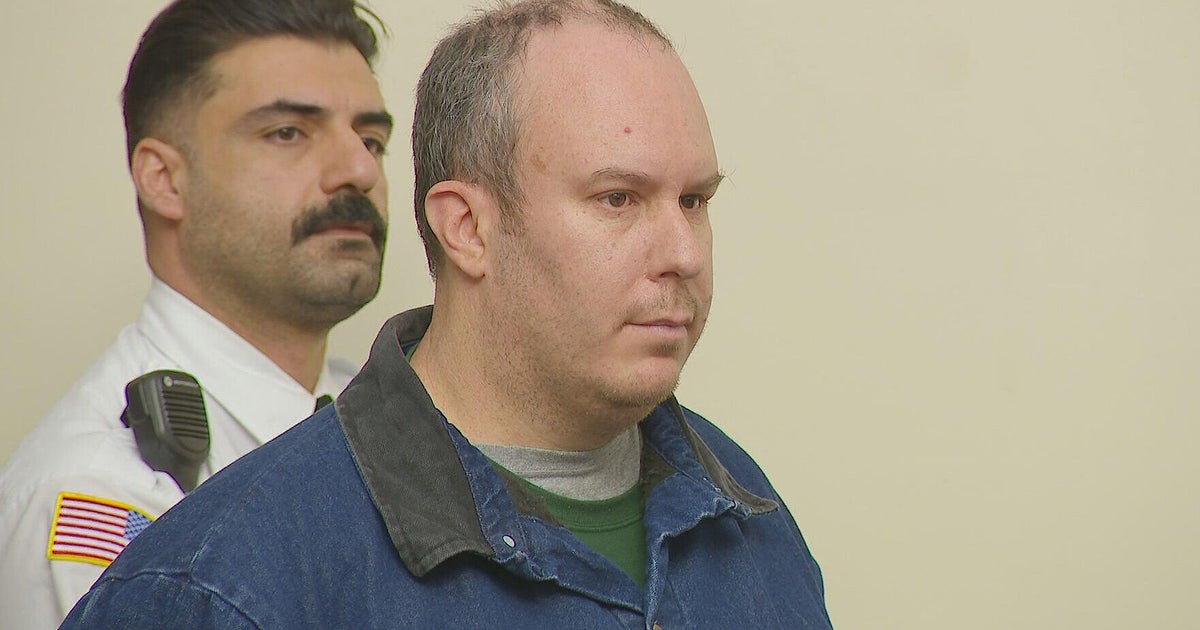Curious Why Not More Focus On Lung Cancer
WEST BOYLSTON (CBS) -- Lung cancer is the deadliest of all cancers, killing smokers and non-smokers alike. In fact more people die each year from lung cancer than from breast, colon and prostate cancers combined.
Rosemary from West Boylston Declared her Curiosity asking, "Why isn't there more focus on lung cancer and more of a commitment to curing the disease?"
Well, that made us curious. And we found a new and exciting development being pioneered right here in Boston that may give new hope to a lot of people.
People like Barbara Popper from Needham. "I've been able to live pretty much a normal life for the last two years, whereas when I first heard the diagnosis, I didn't expect to be here two years later," she says.
WBZ-TV's Kate Merrill reports.
The diagnosis Barbara heard in December of 2008 was stage 4 lung cancer. A non-smoker, Barbara was shocked, especially since her only symptom was a swollen lymph gland in her neck.
"I was really prepared to think about closing out a lot of things," she remembers.
But her doctor sent her to the Dana Farber Cancer Institute in Boston for a new test, one that would discover the specific gene mutation causing her cancer.
Dr. Pasi Janne is one of the developers of the test. "The gene mutates for some reason, and that mutation then drives the growth of the cancer," he says. So knowing the type of gene alteration allows doctors to create new treatments beyond harsh chemotherapy, something Barbara has never had to endure.
Instead, she takes the drug Tarceva once a day, and for two years it has controlled her disease. "I've been able to travel and do things and work and take care of grandchildren and really, I've been very lucky," she says.
Testing for gene mutations is an important new tool for the treatment of many kinds of cancers, leading to what are called "targeted therapies." Those medicines attack the disease at its core with fairly mild side effects.
"I think the opportunities are there and we may just be at the tip of the iceberg. Patients are living three to four times longer than they used to, even with advanced lung cancer, which is remarkable, and Barbara is living proof of that," says Dr. Janne.
Barbara doesn't know how long the medication will manage her advance cancer, but the hope is that doctors will continue to develop new medications so that people like Barbara can live a normal life for as long as possible.
"You have a whole different appreciation when you know your time is not unlimited," says Popper.
As more tests for genetic mutations are developed, the number of targeted therapies will also grow, making more cancers manageable, rather than deadly.







